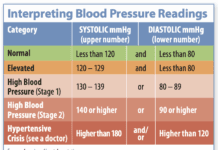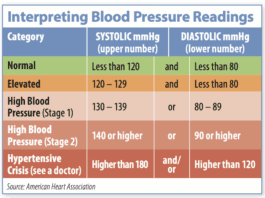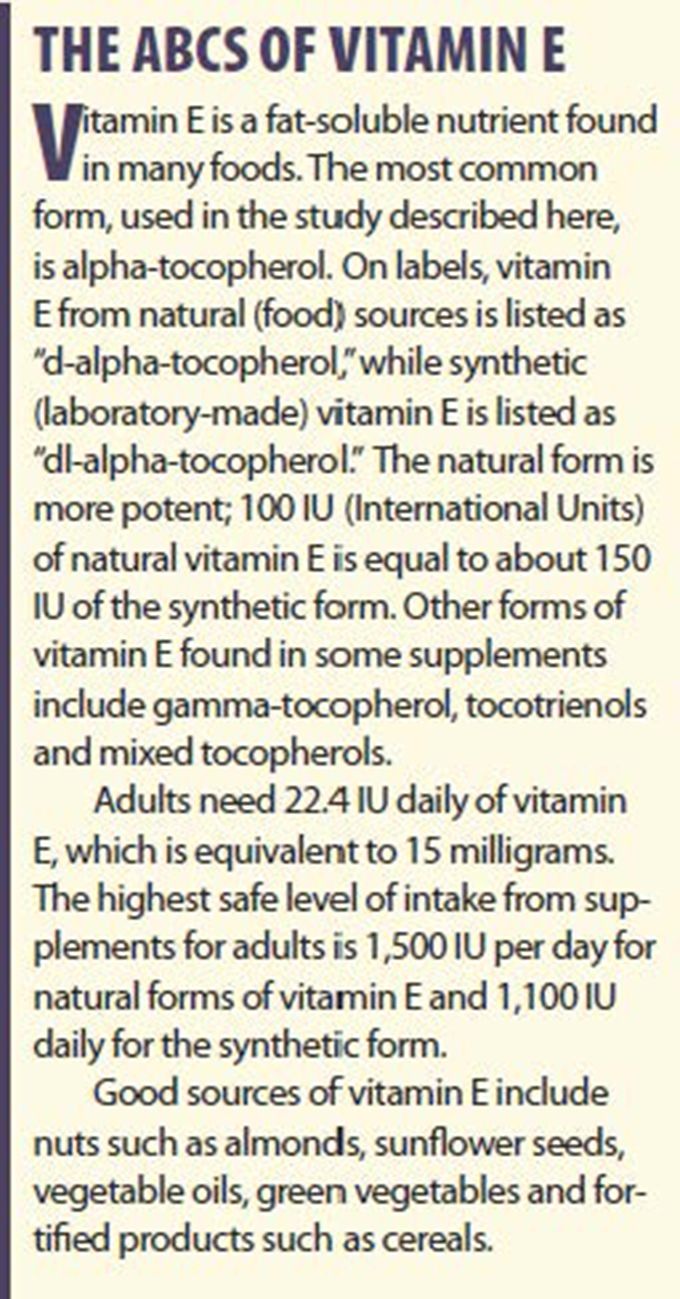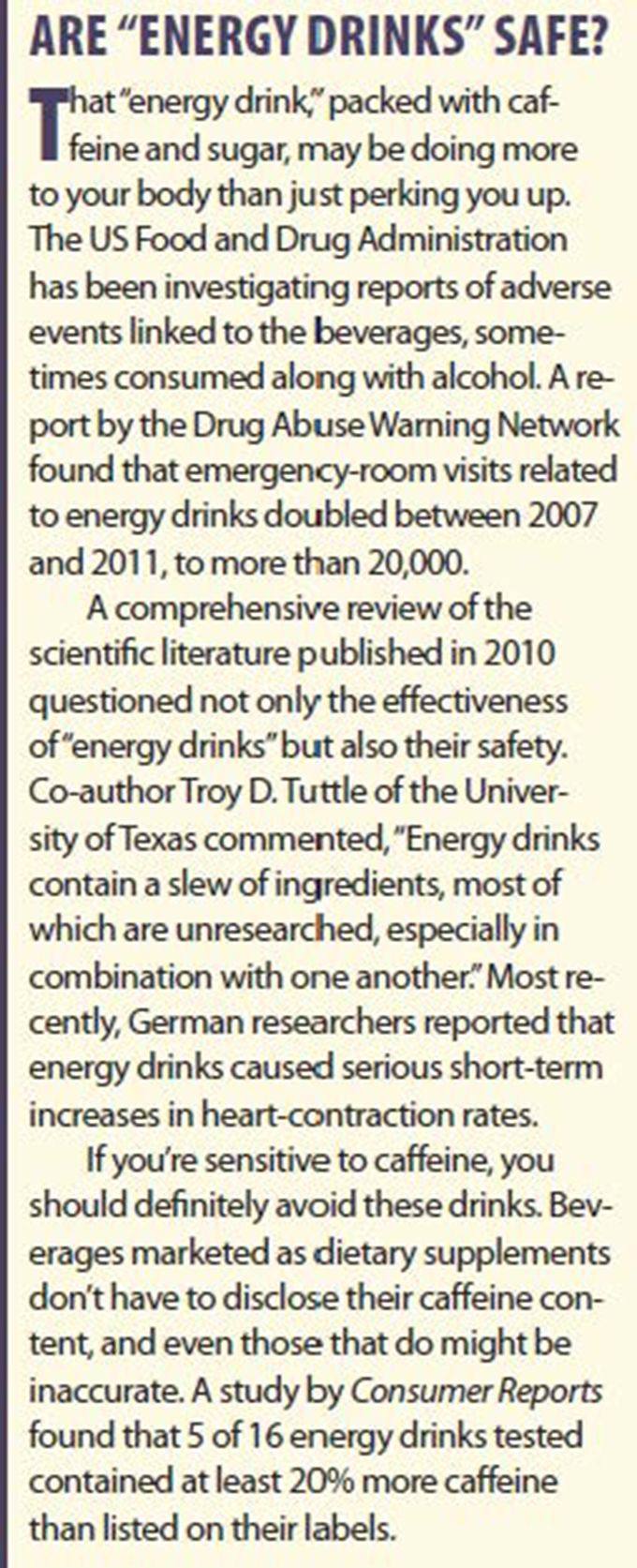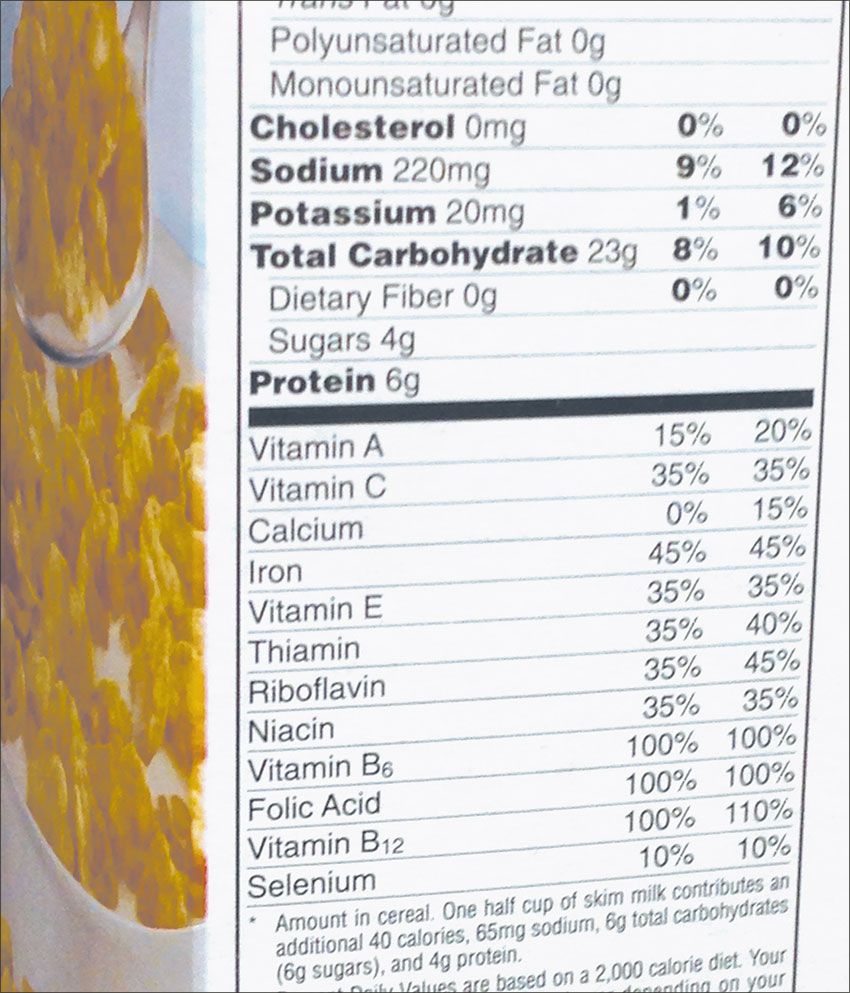Added Sugars Add to Your Heart Risk
Previous studies have linked added sugar, such as in non-diet soft drinks and other beverages, to increased risk of key factors in heart disease-including weight gain, hypertension, type 2 diabetes and unhealthy cholesterol levels. Now, for the first time, a new analysis of nationwide dietary data has found an association between consumption of added sugar and higher risk of death from cardiovascular disease.
Habitual Caffeine Consumption Does Not Increase Risk of Atrial Fibrillation
Contrary to long-standing concerns about the stimulant effect of caffeine sparking atrial fibrillation, a new analysis concludes that its unlikely habitual caffeine intake from coffee and other dietary sources increases risk. In fact, the pooled analysis found that atrial fibrillation risk fell with increasing caffeine intake.
Were Eating Better, Regardless of Economy
Its not just the recession thats led to improvements in the US diet, according to a new analysis in the American Journal of Clinical Nutrition. Beyond merely cutting back for pocketbook reasons, Americans are choosing to consume fewer calories and obesity rates are leveling off. The study used sophisticated statistical tools to control for changing economic conditions over the past decade, including unemployment rates and food prices. Calories declined more in beverages than food choices,…
What You Need to Know About Vitamin E and Alzheimers
Do recent hopeful headlines about vitamin E and Alzheimers disease mean you should run out and buy vitamin E supplements? Not unless you or a loved one already has mild to moderate Alzheimers-and even then the experts are split. The latest findings, from a study of 613 mostly male veterans at 14 VA hospitals across the country, focused on slowing the progression of the disease, not preventing it in the first place.
What Can You Really Do to Feel More Energetic?
Who hasnt wished for more energy at one time or another? Whether youre feeling the effects of hectic modern life or of aging, its only natural to sometimes think your get up and go has gotten up and gone. Little wonder, then, that food, beverage and supplement companies have filled supermarket shelves with products promising to boost energy. So-called energy drinks, introduced only 17 years ago, today represent a $12.5 billion industry. Energy bars rack up more than $700 million in annual sales. Dietary supplements promise timed-release energy, energy therapy and energy revitalization.
New Reasons to Make Sure Youre Getting Enough B12
Already a concern for older adults who lack adequate stomach acid to extract natural vitamin B12 from food, B12 deficiency may be more widespread than previously thought. The largest study to date of the effects of popular heartburn and ulcer medications on the risk of vitamin B12 deficiency reports a potentially serious problem. The study found patients who took the most popular acid-suppressing drugs, called proton-pump inhibitors or PPIs, for more than two years were 65% more likely to be deficient in vitamin B12.
Q. What is the current thinking about the safety of microwaving food covered by...
A. Samantha Salazar Ordonez, a dietetic intern at Tufts Frances Stern Nutrition Center, replies: The US Food and Drug Administration (FDA) recognizes that substances...
FDA Extends Trans Fat Comment Deadline
Look for the next step in the FDAs proposed crackdown on trans fats to come this spring, as the agency extended its comment period on the rule to March 8. Late last year, the FDA proposed revoking the fats status as generally recognized as safe (GRAS), which would lead to a phase-out of trans fats in most food products.
Daily Handful of Nuts Linked to Lower Mortality Risk
Eating a daily handful of nuts-about one ounce or three tablespoons-could reduce your risk of dying from the most common causes of death. Results from the largest study of its kind, following nearly 119,000 men and women for up to 24 years, show that regular consumers of any type of nuts were less likely to die from heart disease, cancer and lung disease or from all causes than non-nut eaters. As frequency of nut consumption went up, mortality risk dropped.
Natural Labeling for GMOs Puts FDA in Middle
The US Food and Drug Administration (FDA) finds itself in the middle of the tussle over whether foods labeled as natural can contain genetically modified (GMO) ingredients. The Grocery Manufacturers Association is petitioning the agency to specifically authorize natural labeling on GMO products, such as those containing bioengineered corn, soy, canola or sugar. The trade association cited the proliferation of lawsuits challenging natural labeling, with 65 pending class-action cases across the country. At the same time, three federal judges presiding over such cases have asked the FDA to rule on whether GMO ingredients belong in natural foods.















